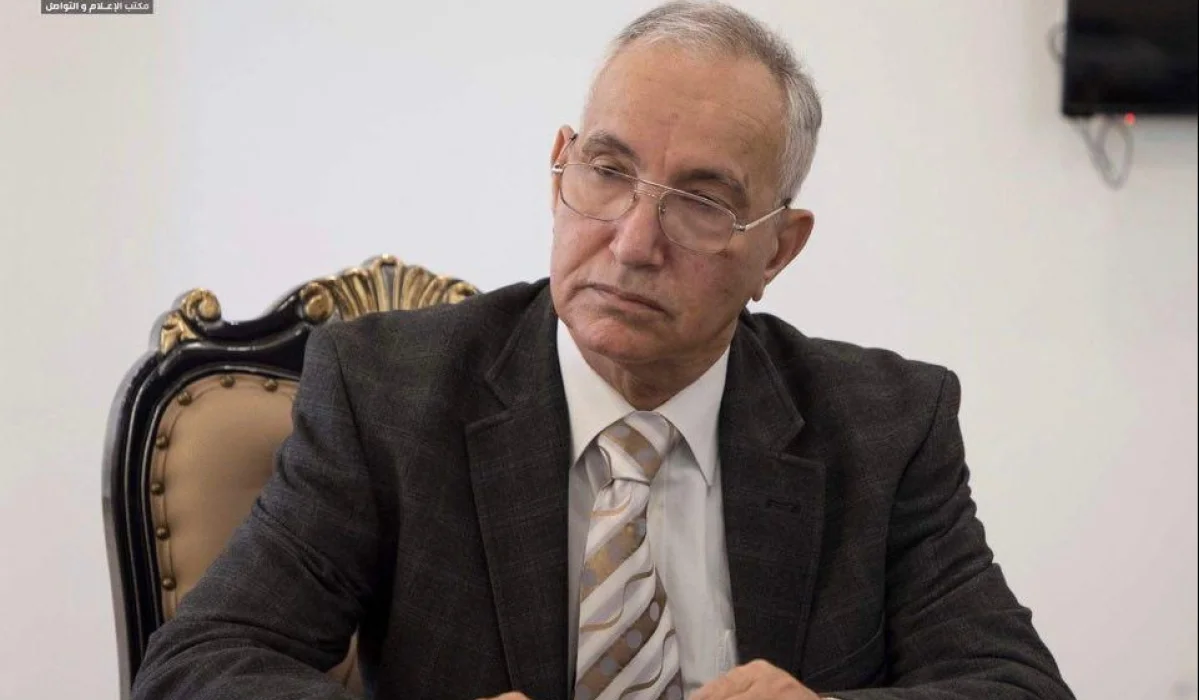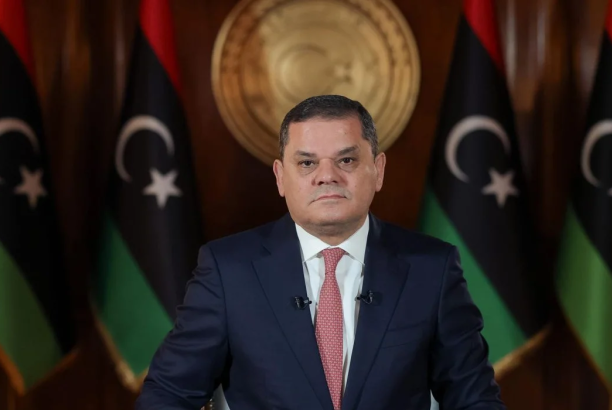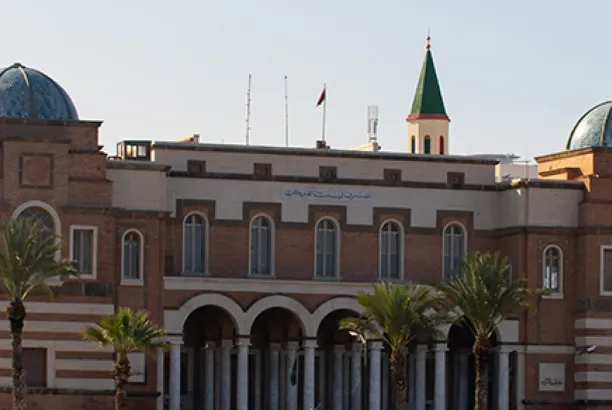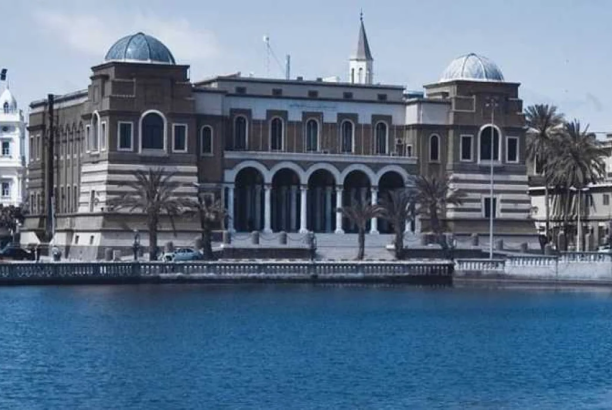Former member of the Board of Directors of the Central Bank of Libya, Mraja’a Ghaith, stated that the economic expert Mohammed Al-Safi had proposed setting a predetermined ceiling for the budget allocated to government entities, with the requirement that these entities operate within that ceiling. He also suggested linking some budget chapters to non-oil revenues — essentially allocating specific revenues for spending on specific budget items. This proposal sparked mixed reactions, with some in favor and others raising questions about its feasibility.
Ghaith explained that to understand what Al-Safi proposed, one must first understand how budget estimates are prepared in Libya. He noted that preparation begins from the bottom up — from the treasury-funded entities (except for central items like subsidies) — with estimates sent to the Ministry of Finance, which discusses them with the entities to arrive at a suitable figure. Generally, all entities inflate their estimates to minimize the impact of potential reductions. This practice is ongoing, and sometimes estimates are not built on sound foundations. He specifically pointed to Chapter Two – Operational Expenses, where overestimations are common. In contrast, Chapter One – Salaries is easier to control objectively, given the availability of employee data, though some exaggeration still occurs in areas like food allowances.
Ghaith added that Al-Safi proposed that the Ministry of Finance set a spending ceiling, especially for Chapter Two, and obligate all entities to allocate that ceiling across its items. This ceiling would be based on actual spending data from the past three to five years, as operational expenses are recurring and change in line with the number of employees or price levels.
He continued, saying that while some argue that the budget already acts as a ceiling, the current system relies on the proposals from government entities, which are then approved after discussions. However, the origin of these proposals still lies with the entities themselves. What the proposal aims to do is shift the control to the state, represented by the Ministry of Finance, allowing it to set expenditure limits directly. This doesn’t mean there won’t be exceptions or necessary adjustments.
Regarding Chapter Three, which Ghaith prefers to call the “Development Budget,” currently governed by the Planning Law, the ceiling is determined in aggregate — the state specifies the total amount to be spent on projects in a given year, and then priorities are set for what can be implemented with that amount. He pointed out a flaw: the full cost of a project is often included in the next year’s budget, rather than just the amount expected to be spent that year. Since some projects span multiple years, this inflates the budget with figures that are impossible to spend within a year.
On revenue tagging — the idea of allocating specific revenues to certain budget chapters and not exceeding those revenues in spending — Ghaith said this acts as both a control mechanism and an incentive to collect those revenues. For example, setting Chapter Two’s spending limit based solely on non-oil revenues (such as taxes, fees, state shares in public companies, and local fuel sales) would motivate efforts to collect them. For tagging to work properly, most public services must be transferred to local governments instead of remaining under central ministries. This would drive local authorities to collect more revenues if they wish to maintain spending.
He stated that this proposal could be considered a step toward reform — public financial reform being the first of many needed steps. He clarified that while it’s not the ultimate solution, improving public expenditure management and boosting state revenue collection are crucial milestones in any broader economic reform process. Hence, efforts in monetary, trade, and fiscal policy must work together toward comprehensive reform. He warned against focusing solely on the exchange rate, which often overshadows other areas of reform, emphasizing that adjusting the exchange rate alone cannot substitute for a full restructuring of fiscal policy (spending, revenues, public debt).
Ghaith praised the existence of public finance reform documentation from past years, including three-year medium-term budgets, implementing a single treasury account, reforming regulations and tax systems, among others. He said that capping the budget helps control available resources and reduces corruption and public fund waste, as there would be no surplus due to misestimations. He acknowledged that while it won’t eliminate corruption, it could certainly reduce it.
He concluded by saying:
“Everything proposed by Mr. Mohammed Al-Safi, as well as what we’ve discussed here, ultimately depends on the political will to implement financial reform and a genuine desire to combat corruption and misuse of public funds — not on using public money to gain popularity or short-term approval at the expense of sound economic policies.”






